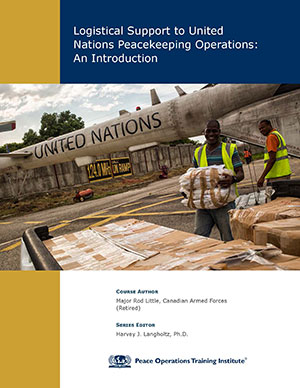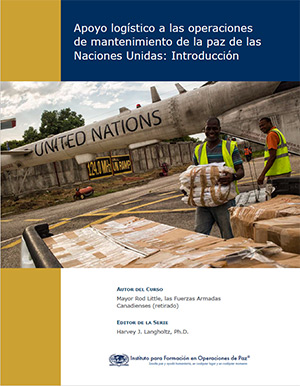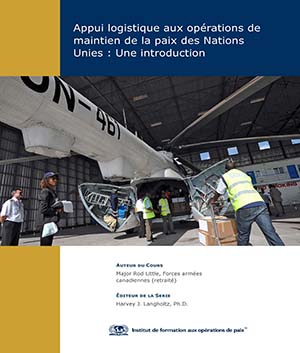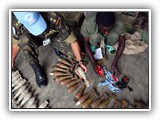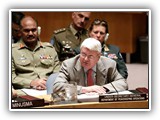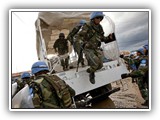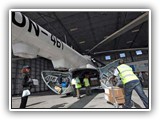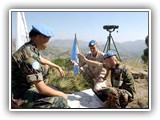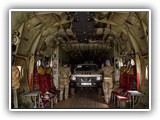This course introduces students to logistics operations in United Nations peace operations. This basic course provides the background and rationale behind UN peacekeeping logistics, the key organizations responsible for providing logistical support, the strategies employed in the field and at UN Headquarters, the UN Global Field Support Strategy, management of contingent-owned equipment, the logistics activities during the life-cycle of a UN mission, how missions gain financial support, and the mission medical system. Eight lessons.
The 2019 edition provides updated and new information on the UN logistics structure, including a detailed overview of the Department of Operational Support, which succeeded the Department of Field Support in January 2019.
COURSE AUTHOR: Major (retired) Rod Little is a former Canadian Armed Forces Logistics Officer. He was commissioned from the ranks to officer in November 2000 and moved from the Resource Management Support Clerk trade to Army Logistics. In 2010, he left Canada for the International Peace Support Training Centre Nairobi, Kenya, where he completed 21 UN logistics courses in Kenya, Mali, South Africa, and Uganda. While at the centre, he was double-hatted as the officer in charge of training support.
Major Little’s career highlights include a tour with a Canadian Embassy; serving as a senior leader in an operational environment; and acting as a course director and directing staff working with international military, police, and civilian participants.
Number of pages: 181 [English]
Publisher: Peace Operations Training Institute [18-11-2019]
